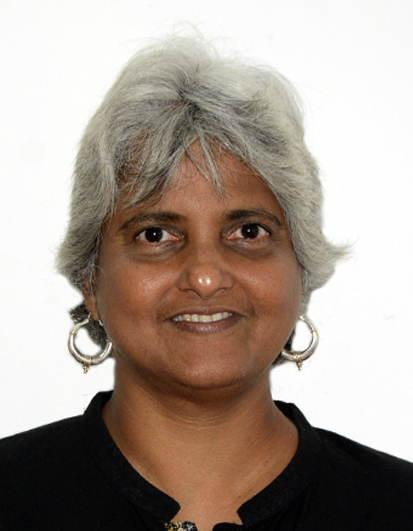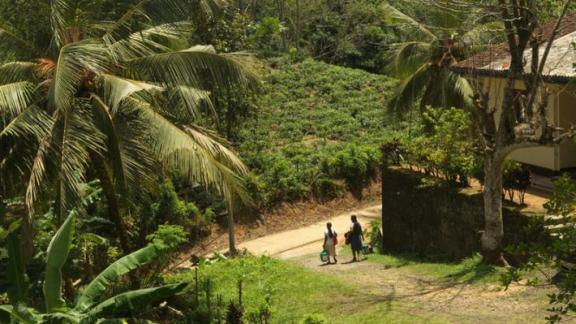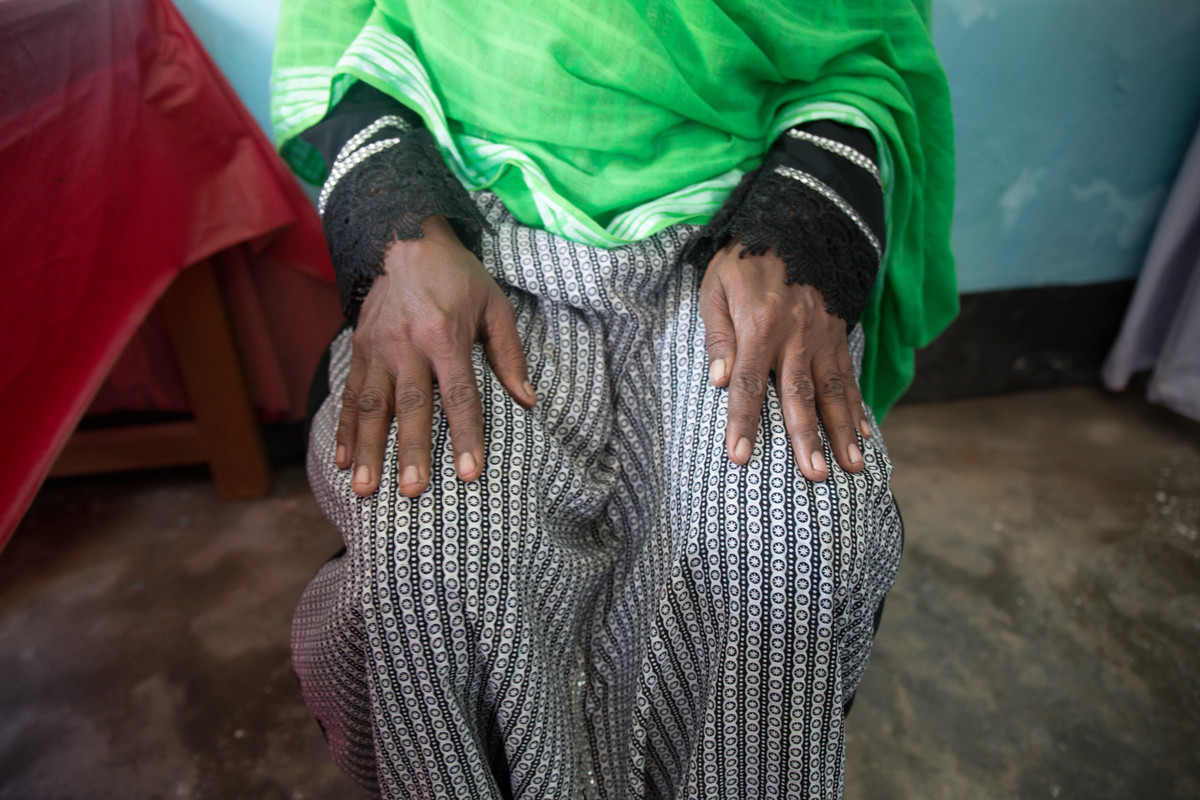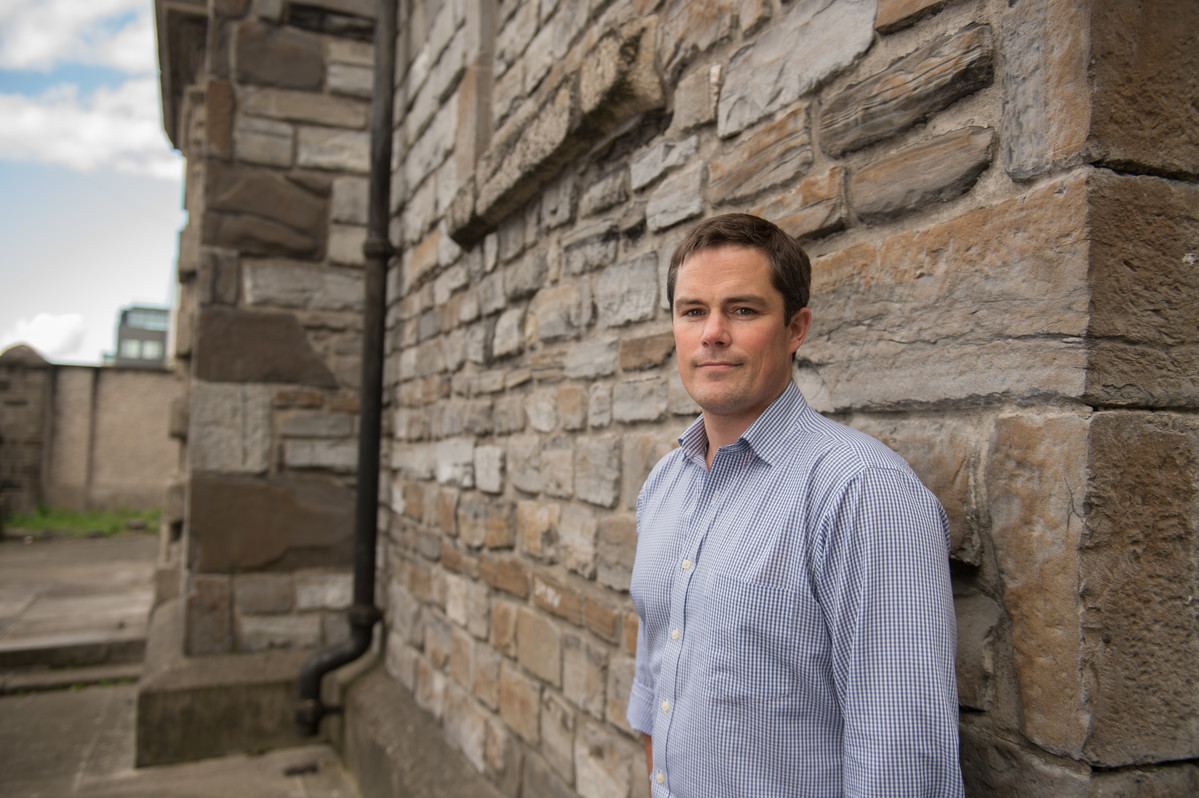“I’ve met many women who were forced to have abortions, and one that stands out is a woman who had gone abroad to work and was raped by the husband in the family for which she worked… she had to come back to Sri Lanka and get an unsafe, backstreet abortion.”
– Sonali Gunaseka, Director of Advocacy at the Family Planning Association of Sri Lanka
In Sri Lanka, abortion is so severely restricted that people who cannot afford high-quality services, either in the country or else abroad, are forced to risk their lives to get the procedure done in unsafe conditions, or are forced through a pregnancy that they cannot afford, manage, or do not want.
Sonali Gunasekera, Director of Advocacy at the Family Planning Association of Sri Lanka (IPPF’s partner organisation in the country) has been working to change people’s hearts and minds there regarding abortion access. She wants women to decide what happens to their bodies, and to have control over their own futures. She wants to prevent people being forced to risk their lives by receiving this form of healthcare in unsafe, backstreet conditions.
We spoke with Sonali (pictured below) about access to this vital healthcare service and the impact it has.
 IPPF: Can you tell us about the context of abortion in Sri Lanka?
IPPF: Can you tell us about the context of abortion in Sri Lanka?
Sonali: Sri Lanka has one of the strictest abortion laws in the world, which stipulates that abortion is illegal unless the life of the mother is at risk. You must have three doctors’ signatures to agree to this; if not, the abortion is not permitted.
Right now, you cannot have an abortion in cases of rape, incest or foetal deformities; but there is some movement to change the law to allow abortion in these cases, which is good. There has been a lot of resistance to this movement, and it is important to bear in mind that even if it does go through, it will be a small change that won’t affect most women who seek access to abortion. This is because they are usually women over 35 years old, who already have two children and do not fall within any of the categories mentioned above.
IPPF: How does this affect people who are pregnant and don’t want to be, for whatever reason?
Sonali: If you are of the upper-middle class in Sri Lanka, you can go to certain private hospitals and pay for the service. But, if you don’t have the money, you will be unable to access this service and due to a lack of officially regulated information, it is often the case that you will hear about places and procedures by word-of-mouth. These places can be unhygienic, or else the provider could be unskilled. The woman may not be given pain relief, so it can be quite a horrible experience for her, as has been related to me by women that I have interviewed regarding their experiences. Although Sri Lanka’s maternal mortality rate is low, unsafe abortions and their consequences account for a high proportion of the deaths that do occur, and the mortality rate for abortion stands at about 15%.
We can legally access post-abortion care, but there’s a lot of stigma around it, so a woman who seeks medical help may be asked all sorts of questions that make them feel judged or afraid of possible consequences. Questions can include things like “How did this happen?” “Why did you go for an abortion?” “Did you not know this is illegal in the country?” So, the women who aren’t deterred by this and do seek help may not disclose that they’ve had an abortion, which means that they may not get the right care.
IPPF: Around the world – where it’s legal to have an abortion under these strict circumstances – we’ve seen people dying because it’s difficult to get multiple doctors or lawmakers to agree that these circumstances happened. So what does this possible new law mean for women and girls in Sri Lanka in practical terms?
Sonali: About 1% or less seek abortions for incest, rape and foetal deformities. The law is so strict that it requires that you get multiple doctors or a judicial medical officer to give their signature. But doctors will only sign it off if they have absolute proof of rape, incest or foetal abnormality; this makes sign off difficult as the medics could go to prison themselves for allowing the abortion.
With rape, it can take our legal system about 20 years before a rape case is finally proved. So, when someone needs to prove rape in a matter of weeks in order to get an abortion, I’m not sure this will be possible.
It makes me feel quite angry that these men who put these women through so much trauma have impunity and that they are not prosecuted. The women must prove beyond any doubt that all these things happened; they must go to the judicial medical officials and show their underwear as proof; they must take tests to prove that the hymen has been perforated; all these procedures that are invasive and re-traumatizing because there exists so much doubt and bureaucracy for victim-survivors. It’s just very skewed and unfair; as a gender issue, it is something that I feel very strongly needs to change.
IPPF: What’s your experience of the psychological impact of how women are treated when they seek help?
Sonali: The experience can be traumatic. I have spoken with women who have said that they receive rude treatment from nurses and also doctors in hospitals. Their self-esteem goes down a lot when they are shouted at and treated like criminals. They may feel isolated and scared and alone because there is stigma around pre-marital sex or sex out of wedlock, so women may feel ashamed and not reach out to a support system, if at all one exists for them. Seeking a source of help and medical intervention itself can be difficult and stressful.
There is a lot of discrimination throughout this process. It’s a gender issue, as if it is the case of a relationship, men do not necessarily have to go through any of this stigma, self-esteem issues, or deal with rude doctors or nurses.
IPPF: How can we change things?
Sonali: Looking at Ireland’s situation, I feel as though having people out on the street protesting and showing their support did a lot. I have so much respect for people who mobilize like this. In Sri Lanka, I think we’ve got to mobilize the public, because if you keep it in the hands of parliamentarians and religious leaders, there is no way the restrictive law and all the negative consequences that come with it are going to change. Contrary to the popular argument, it’s not even Sri Lankan culture, but rather British Victorian values and laws that criminalize women.
I think we need to work with women who are understanding and who would be willing to think of their daughters and others close to them who could face similar situations. In the past month in Sri Lanka, I’ve seen a lot of young people coming to the streets and saying: “It is important to take our views into account; the voices of our generation.” So, we need to create mass attitudinal changes through media, and also through innovative ways like street dramas and other ways of working with young people.
Do you believe every woman and girl around the world has the human right to decide what happens to their body? Then add your voice to our I Decide campaign.
when
country
Sri Lanka
Subject
Abortion Care
Related Member Association
Family Planning Association of Sri Lanka











